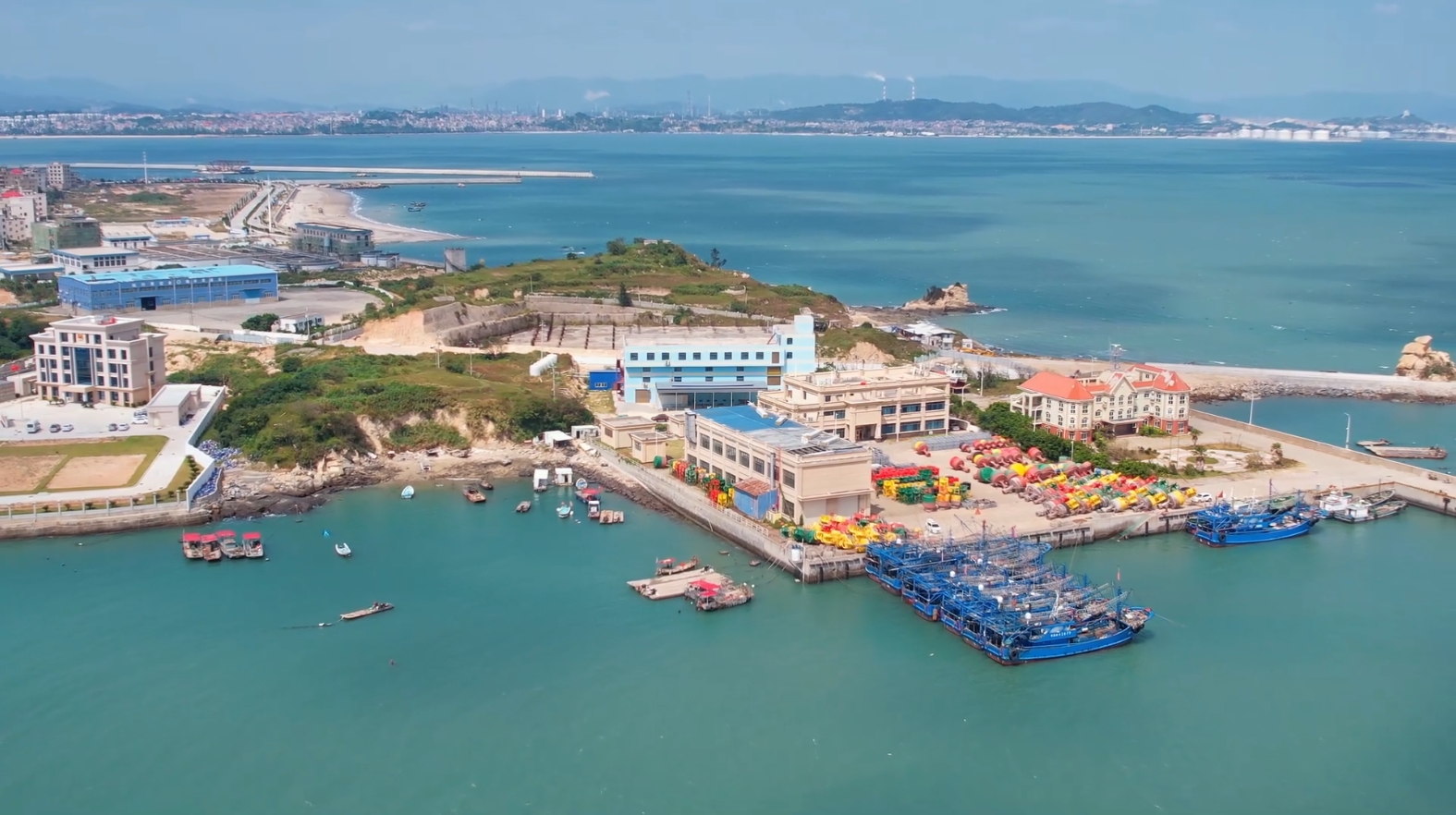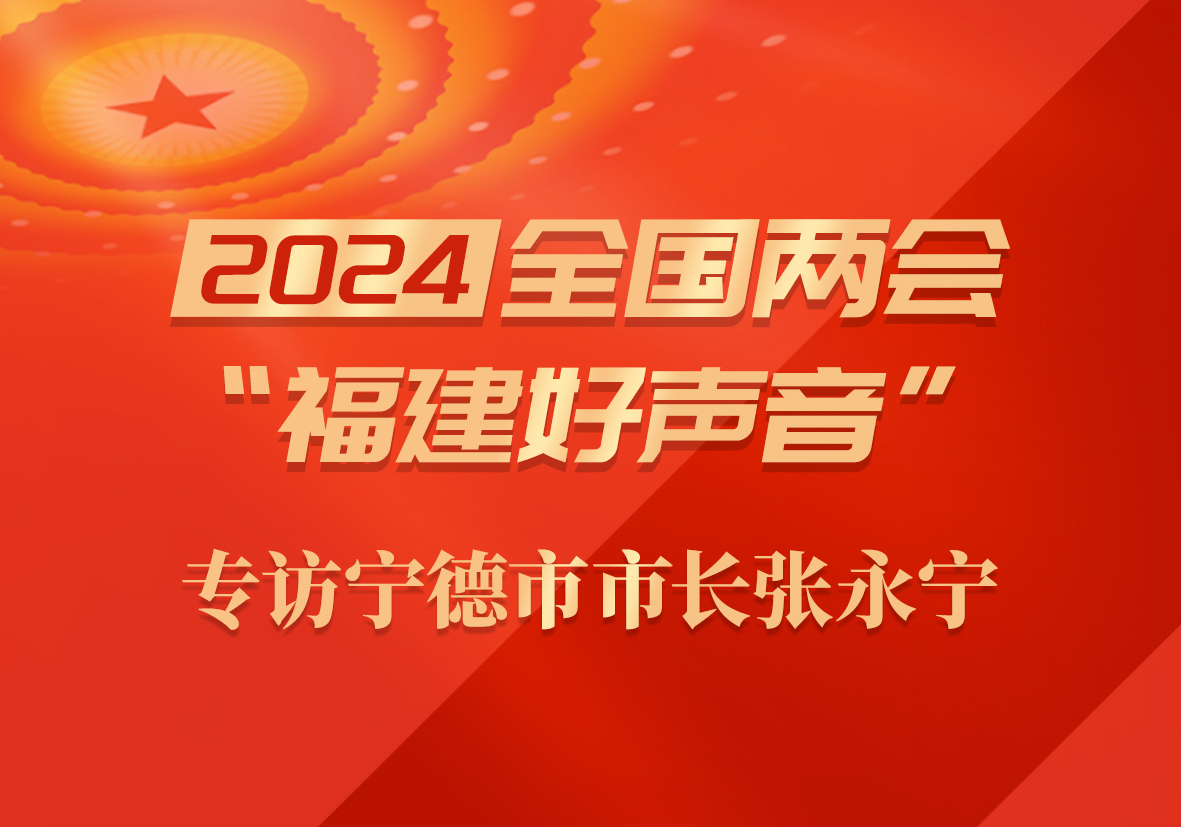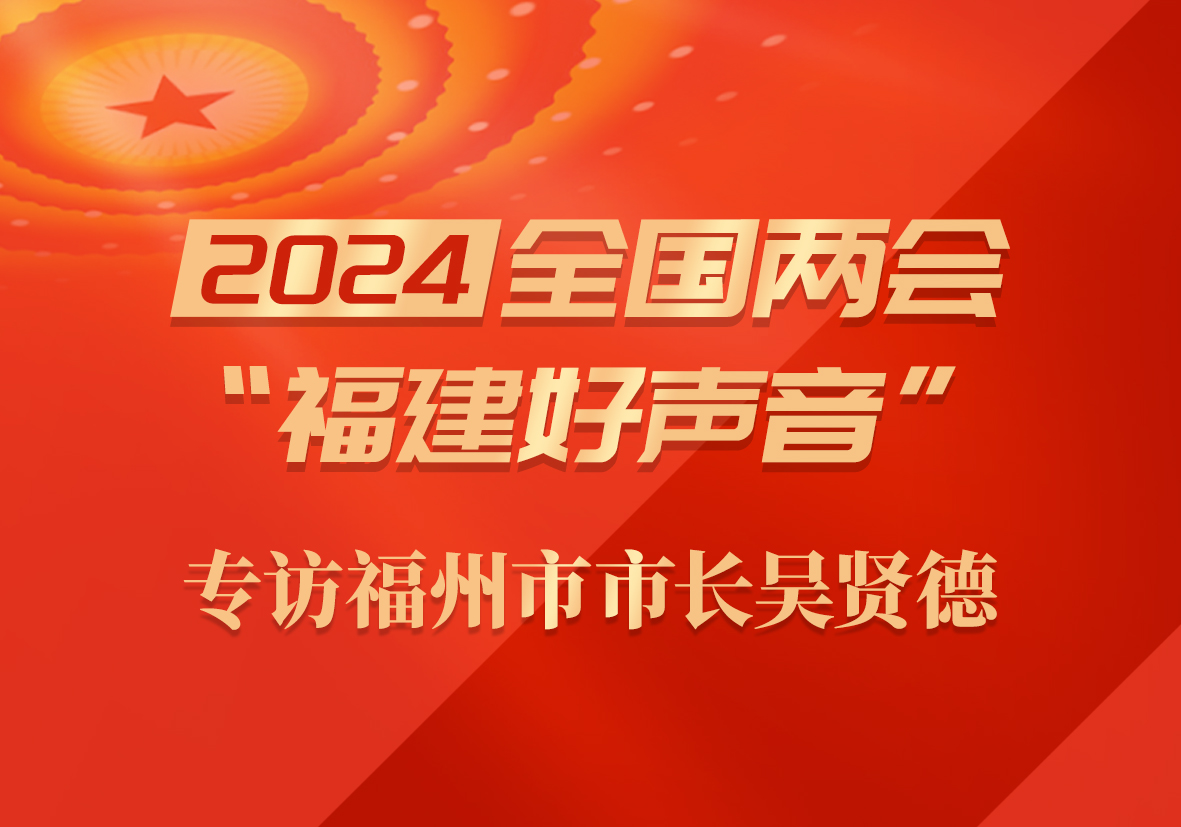 当前位置:
首页 >
当前位置:
首页 >
Russia's Su-57 Stealth Fighter Jet Deal with Algeria Raises Concerns
Russia's Defense Export Company has made a stunning announcement at the 2024 Zhuhai Air Show: Algeria has officially become the first international customer of the Su-57 heavy-duty stealth fighter jet. This news not only sent shivers down the spines of military enthusiasts but also caused a ripple in the international arms market.
On February 12, Algerian National Television announced that it had purchased Su-57E from Russia and expected to receive the jets by the end of 2025. However, behind this decision lies a logical reasoning worth exploring, especially in today's complex international situation.
Firstly, let us take a look at the Su-57, a fifth-generation fighter jet touted by Russia as its pride and joy. With integrated stealth technology, supersonic maneuverability, and advanced avionics, the Su-57 aims to compete with American F-35s and Chinese J-20s. Despite its impressive specifications, the unit cost of approximately $50 million raises eyebrows – why did Algeria choose to purchase this untested fighter jet from Russia at a time when many countries are maintaining distance or imposing sanctions on Moscow?
According to foreign media reports, Algerian pilots have already undergone training in Russia and are expected to receive these jets by the end of 2025. However, the specific terms of this deal remain shrouded in mystery, leaving observers wondering what lies behind the secrecy.
Might we find some clues in Algeria's long-standing military cooperation with Russia? The country has relied heavily on Russian military equipment over the years, including SU-30MKA fighter jets, MiG-29s, and S-300 air defense systems. This traditional weapons supply relationship naturally leads Algerian authorities to support their trusted ally.
However, this decision is not without risks. From an economic perspective, Algeria's oil-rich but militarily underpowered economy may struggle to bear the high cost of this military purchase, especially in today's increasingly complex international environment. As analysts point out, Algeria has historically based its military procurement decisions on actual performance validation by other countries.
Unlike SU-30MKA and MiG-29, which have undergone rigorous battle testing, Su-57 has yet to undergo a similar trial by fire before being deployed in Africa. More importantly, Algeria's choice may spark strong backlash from Western nations.
As Algeria's main trading partners include France, Spain, and Italy – key players in its energy supply chain – the country's decision to cooperate with Russia will likely face mounting diplomatic pressure. This potential backlash raises questions about Algeria's confidence in this choice and whether it has considered the long-term implications of its actions.
Furthermore, Algeria is not without military needs. Upgrading its air force capabilities to address potential security threats is a rational choice. However, relying too heavily on single-country equipment, especially when faced with international pressure, seems an unwise decision. Compared to waiting for China's J-35E or France's Rafale fighter jets to mature, Algeria may be making a more stable strategic choice.
Moreover, the Algerian air force is already dominated by Russian-made warplanes – adding Su-57s would disrupt the existing balance and introduce more uncertainty. The most dramatic aspect of this story is that after Algeria publicly announced its purchase of Su-57, news seemed to retreat like a tidal wave, with discussions about the deal being swept under the rug in both domestic and international circles.
Not only does the performance of Su-57 itself raise concerns, but also how Algeria will coordinate its diplomatic relationships with Western nations in the future. In conclusion, Algeria's purchase of Su-57 is both a bold adventure and a strategic choice. As observers, we must remain vigilant and continue to decipher the many variables that may unfold in this ever-changing international environment. How will Algeria's decision reshape the global military landscape? Only time will tell.




